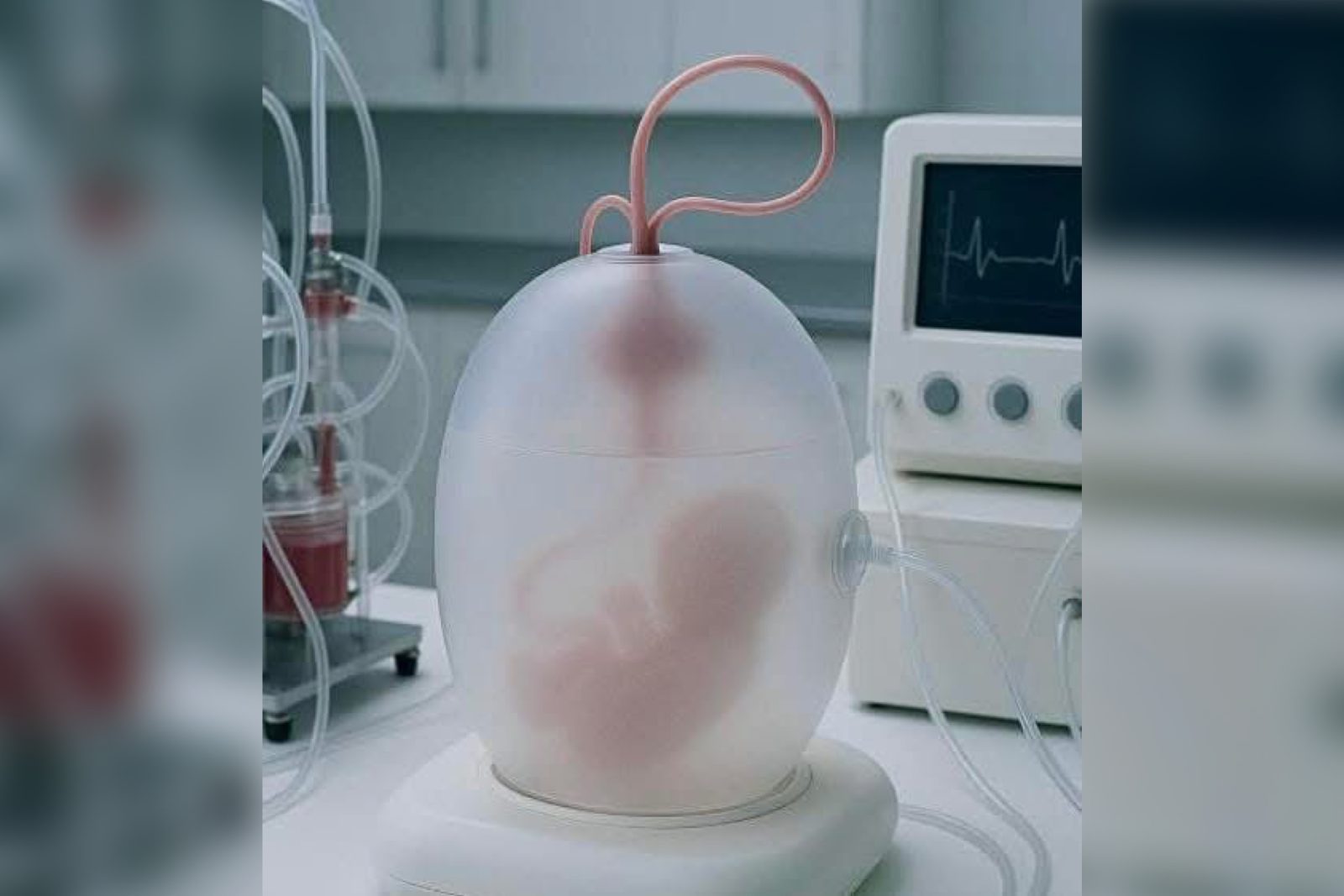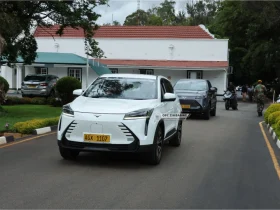In what sounds like something out of a sci-fi movie, Japanese scientists have successfully created a fully functional artificial womb — and it’s not just a prototype. It works.
Known as “EVE therapy,” the system mimics the natural environment of a mother’s womb. Inside a transparent capsule, it provides oxygen, nutrients, waste removal, and even simulates the heartbeat-like rhythms of a real placenta. Life can grow outside the human body — for real.
The innovation aims to save the lives of premature babies, especially those born as early as 22 weeks, who often struggle to survive with current medical technology. This breakthrough offers a potential lifeline for preemies and opens up new possibilities for families facing infertility.
While still undergoing animal trials, the results have been promising — with fetuses showing healthy growth of vital organs like the brain and lungs. Human trials are not far off, and global health regulators, including the U.S. FDA, are already preparing for its future use.
But as with any groundbreaking technology, this invention raises deep ethical questions: Who decides how it’s used? What are the long-term effects? Will it redefine what it means to be a parent?
Whatever the answers, one thing is clear — the future of childbirth, fertility, and neonatal care might be about to change forever.











Leave a Reply